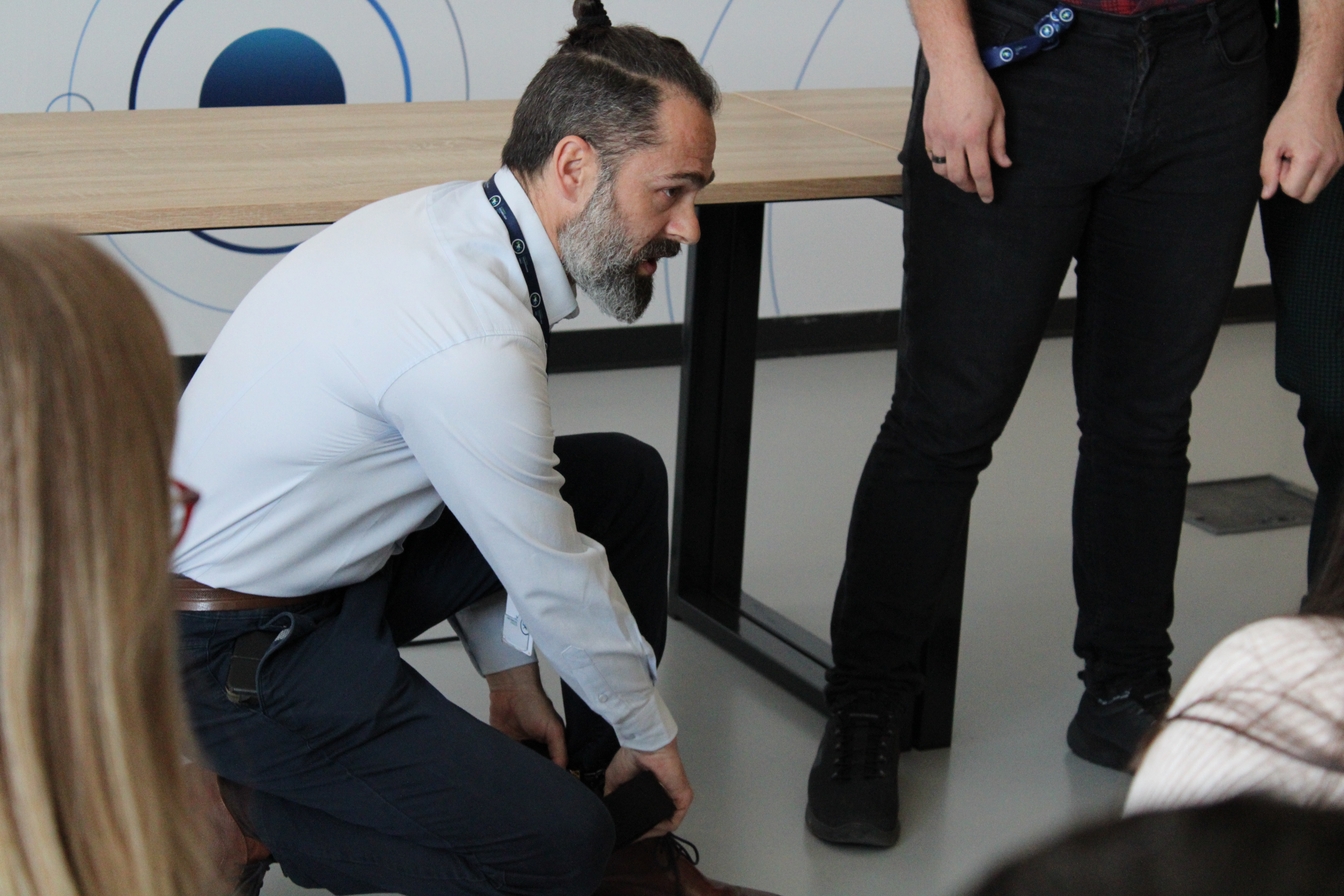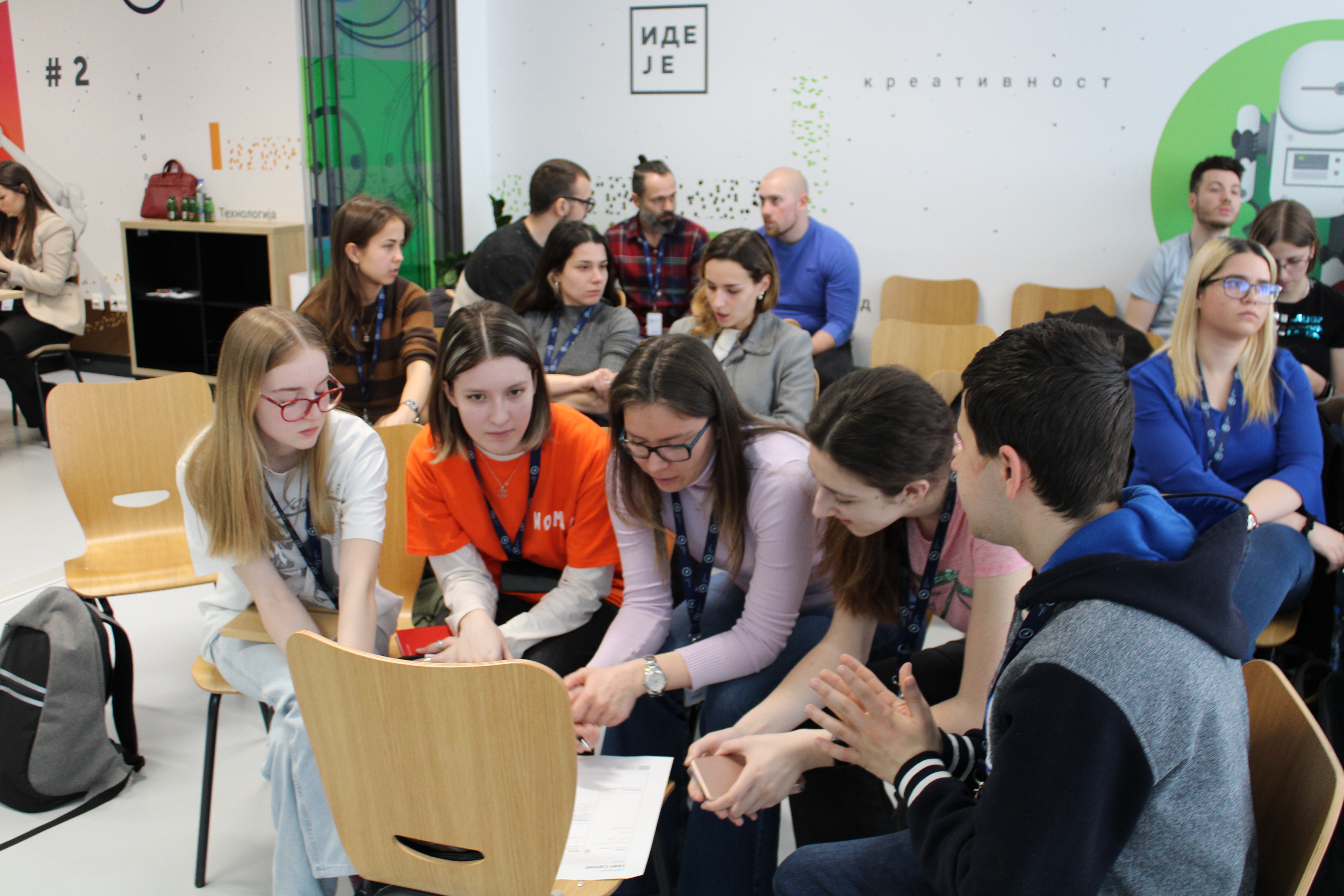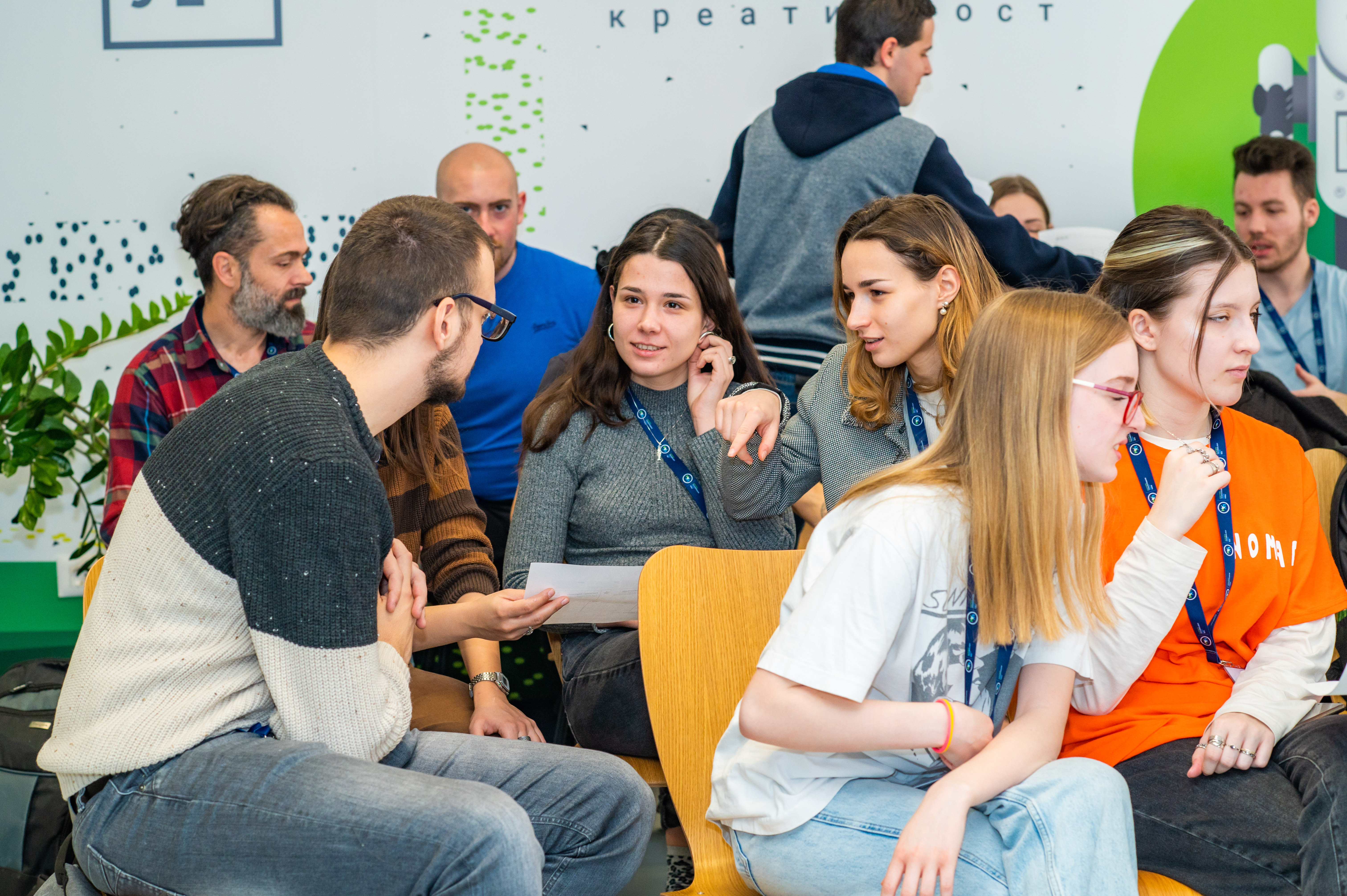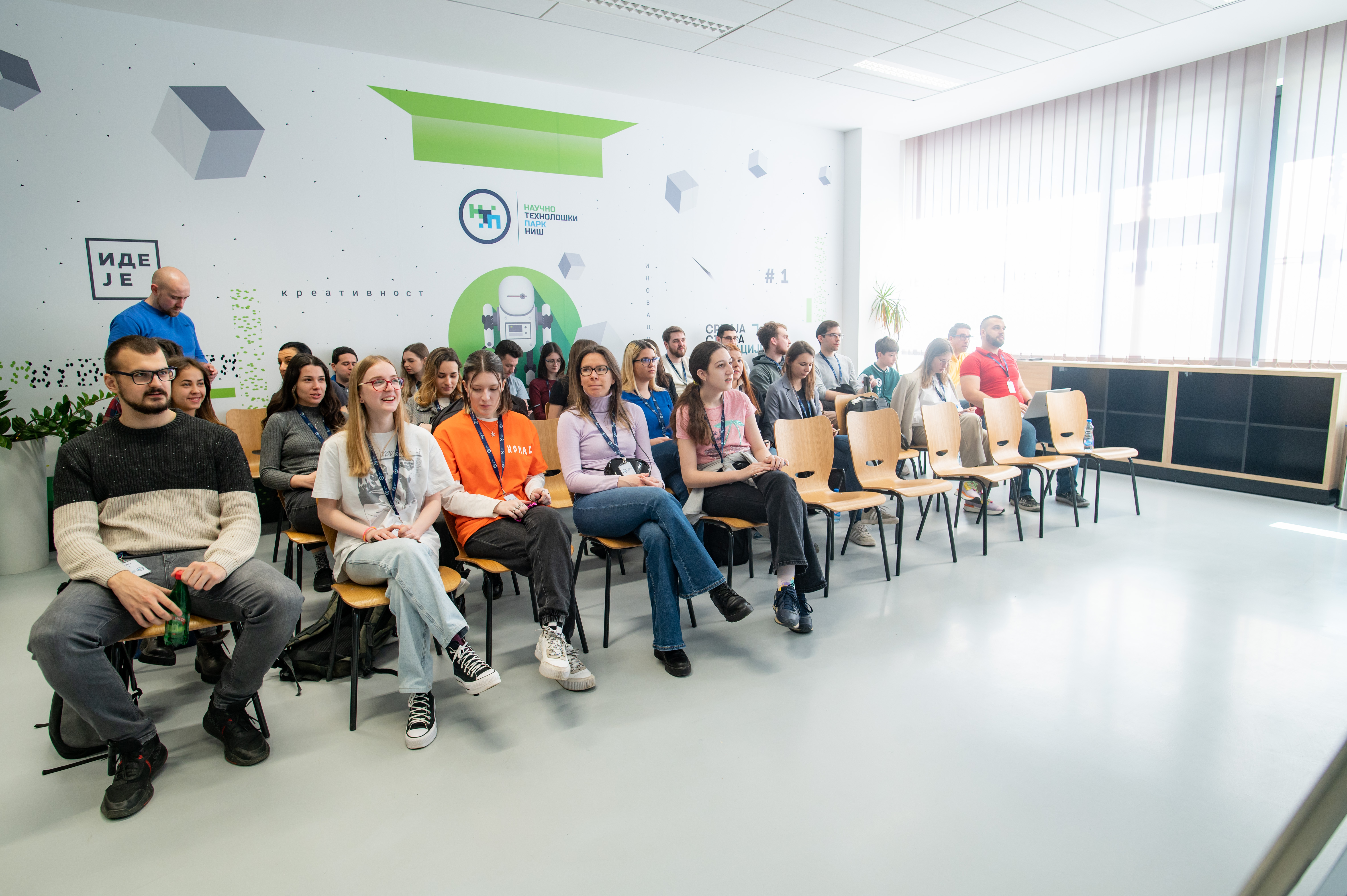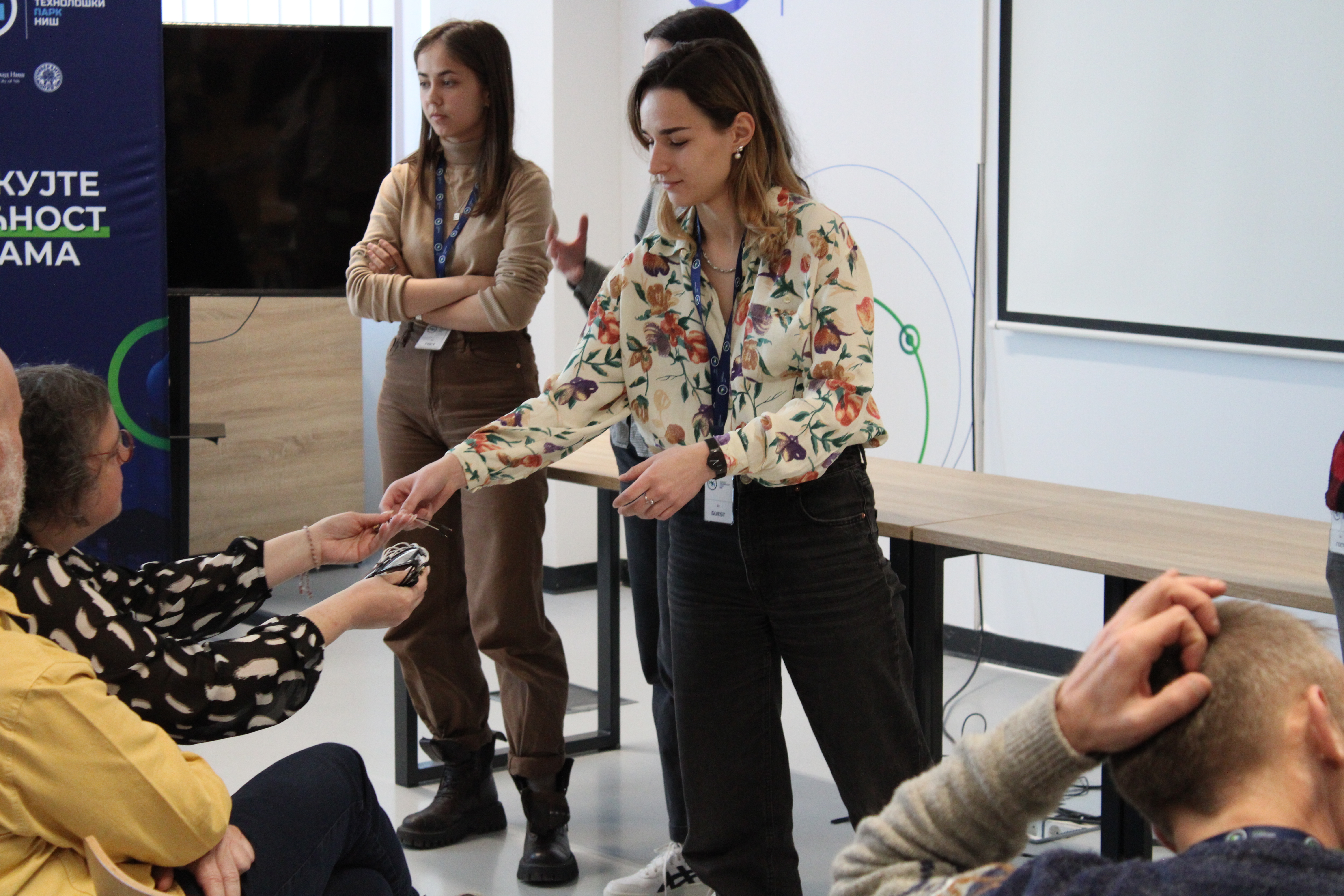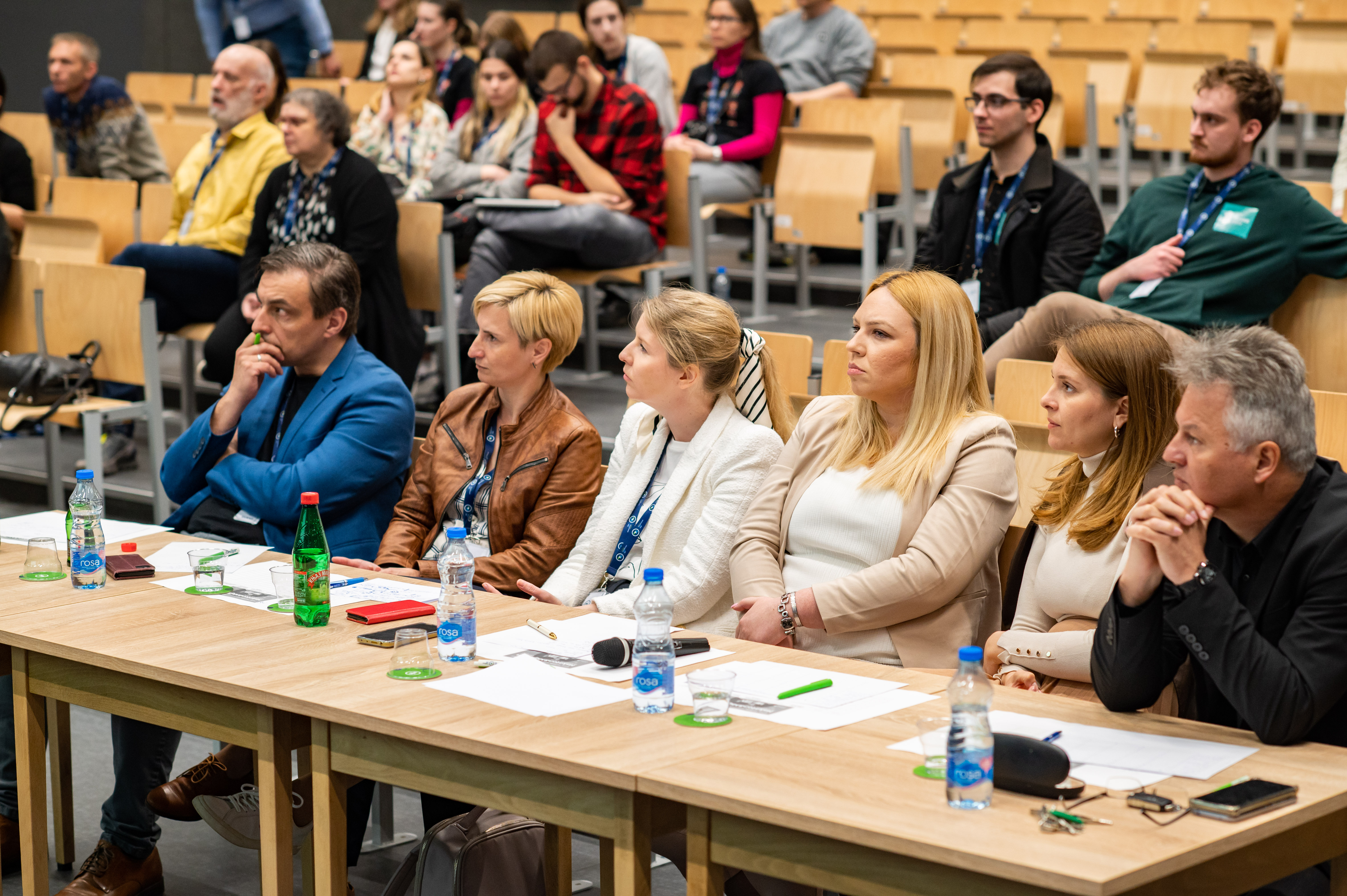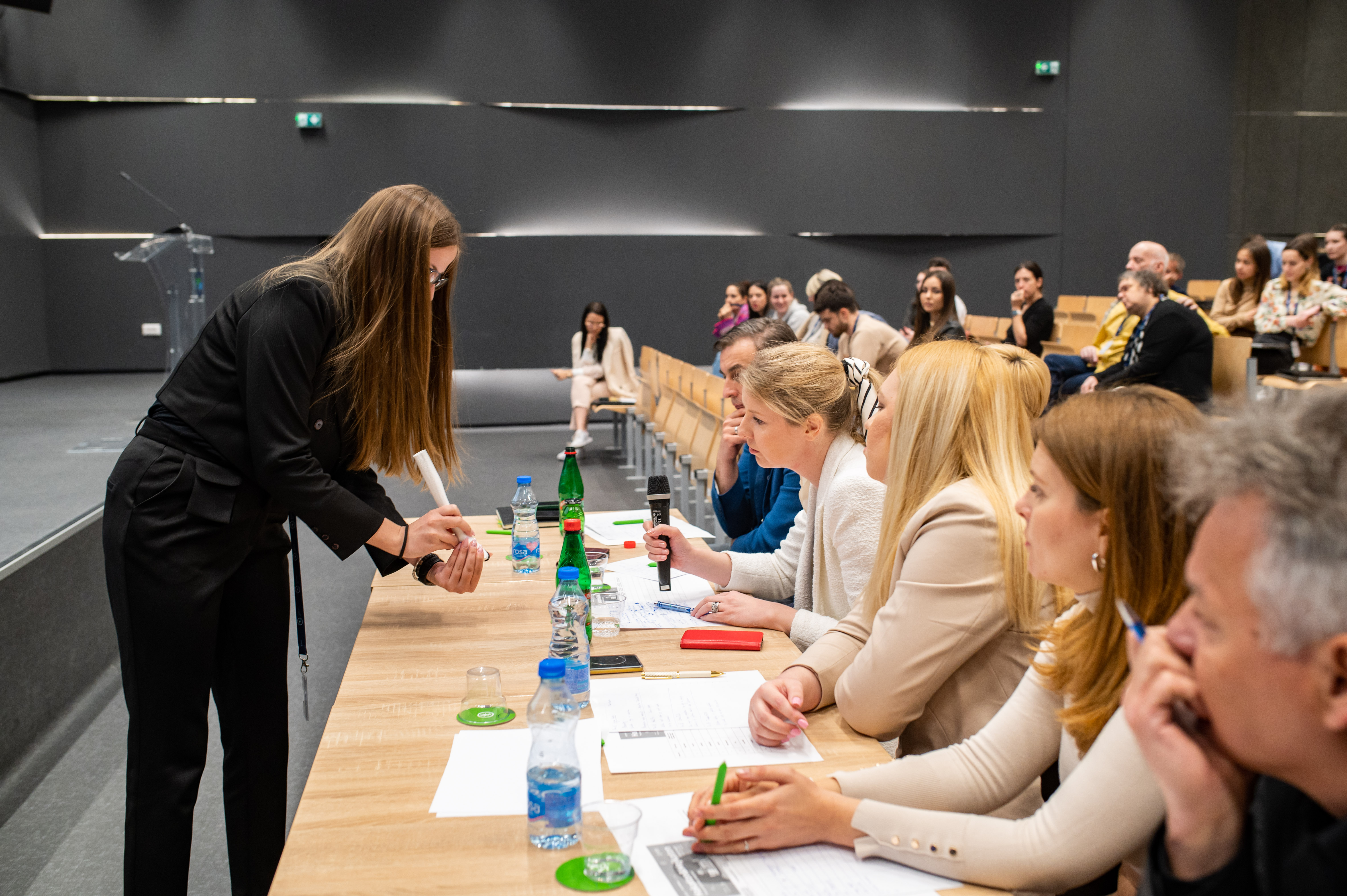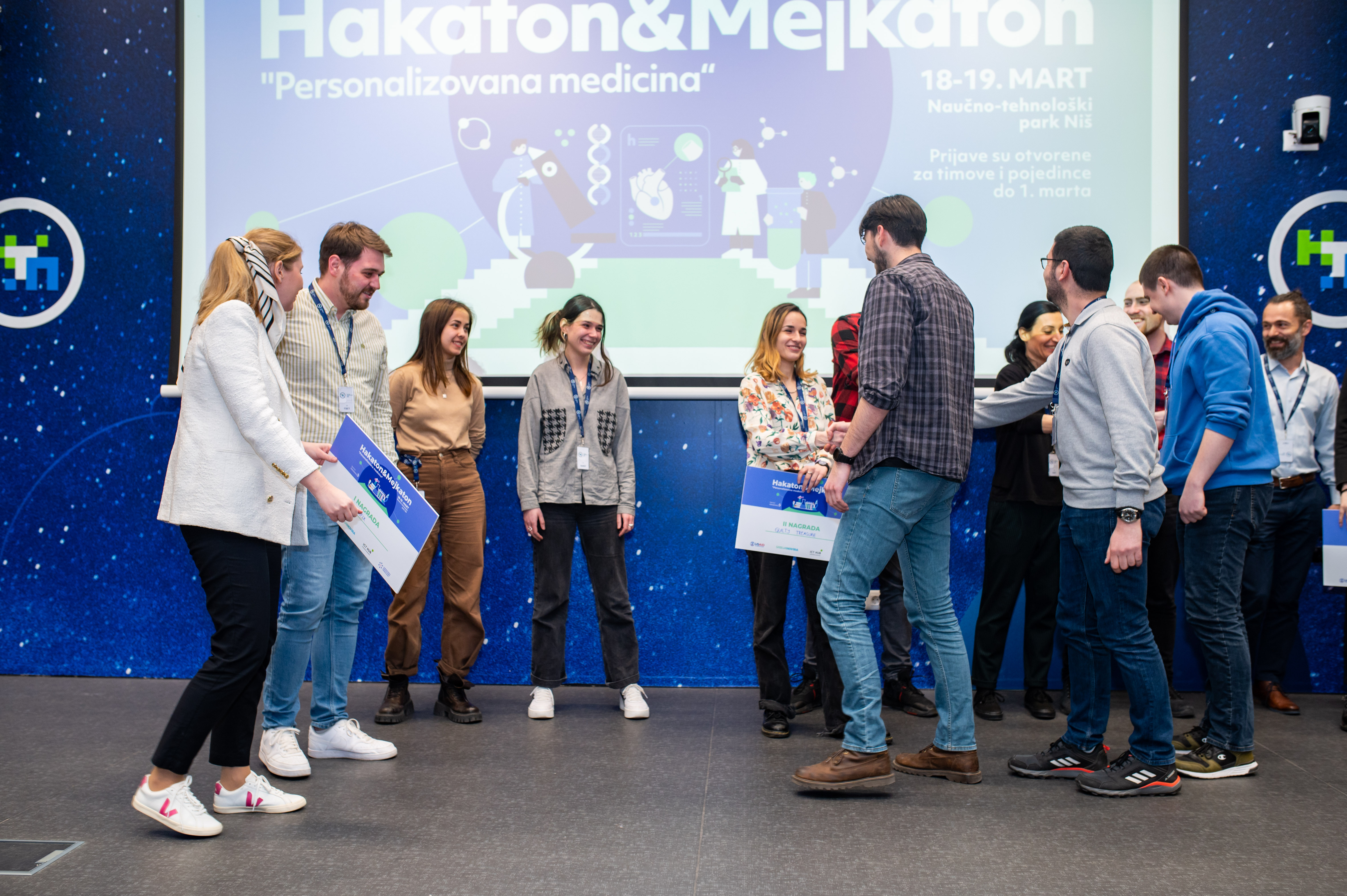The first hackathon and makeathon on the topic of personalized medicine held
The first Hackathon & Makeathon on the topic of Personalized Medicine was held on the third weekend in March at the Science and Technology Park in Nis. Ten teams from different parts of Serbia had the opportunity to improve and present their innovative solutions to an expert jury.
In addition to local teams, participants from Belgrade, Novi Sad, Sremska Mitrovica, and Smederevo also came to Nis. Students from the Faculty of Electronic and Mechanical Engineering in Nis, the Faculty of Electrical Engineering, the Faculty of Chemistry, and the Faculty of Organizational Sciences in Belgrade were joined by high school students, the non-profit organization TOM: Belgrade, doctors, and others at the hackathon and makeathon.
During the two-day event, all participants worked hard to create software and hardware solutions that aim to put individual patients first. On the first day, in addition to working on their solutions, the teams gained knowledge important for the development of any startup, such as setting up a Lean Business Canvas model, creating financial projections, and of course, preparing for a presentation in front of the expert jury. Each of the workshops was led by professors and experts with relevant knowledge and experience.
On the second day, the teams had the opportunity to talk to key stakeholders, patients, and future solution users, doctors, startup founders, and clinical trial experts. Along with conversations with mentors and guests, they had the opportunity to improve their products and services and overcome possible shortcomings.
At the end of the second day, the participants presented their ideas to a five-member jury consisting of: Tamara Papic (Baby FM), Milica Todorovska Rasic (Neomedica), Prof. Dr. Dragan Jankovic (Faculty of Electronic Engineering in Nis), Sava Marinkovic (HTEC), and the sponsor representative of Astra Zeneca, Barbara Ulen.
Based on a set of criteria that included innovation, alignment with the topic, technology application, and sustainability, the following teams took the first three places: first place ArchFix, second place Guilty Treasure, while third place was shared by TOM: Belgrade and Implant(ED).
And what solutions did the teams develop? The winning team ArchFix is developing an application that allows users to discover the degree of deformation of their feet by sending a picture of their footprint, and based on it, they receive a proposal for adequate exercises for correction, as well as to track progress in correcting deformities. The Guilty Treasure team took second place, and their solution aims to help the communication of people with limited speech ability. By combining hardware and software elements, this team has found a way to improve the quality of everyday interactions of people with limited mobility. The third place was shared by the Implant(ED) and TOM: Belgrade teams. The girls from the Implant(ED) team facilitate the process of bone modeling after fractures by using 3D models (molds) for making implants and advanced technologies, while the TOM: Belgrade team focused on solving the "dropped foot" syndrome and aims to facilitate walking for people who struggle with this problem with their compact and affordable solution.
Six more teams participated in the hackathon and makeathon. The SugarRush team presented a personalized application that tracks users' sugar levels, which can significantly improve the lives of people with diabetes, while the girls from the HB Girls team found a way to quickly, accurately, and efficiently measure oxygen saturation and heart rate using electronics. The MedTrix and VuveeMed teams aim to increase the efficiency of the healthcare system - the first team seeks to reduce waiting times in clinics and prevent overcrowding, thus increasing the effectiveness of the healthcare system, while VuveeMed aims to use artificial intelligence to facilitate common medical conditions such as colds and flu, allowing doctors to focus on more serious illnesses. In addition to these teams, LekarInfo presented a website and telemedicine service, while the Ikić team aims to solve several difficulties for individuals seeking medical care by providing a platform for connecting with expert systems without the need to physically visit a clinic.
The Pilot Supercluster of Health Tech Laboratory will continue to support teams in connecting with the innovative community, and soon you will be able to read more about each team.

